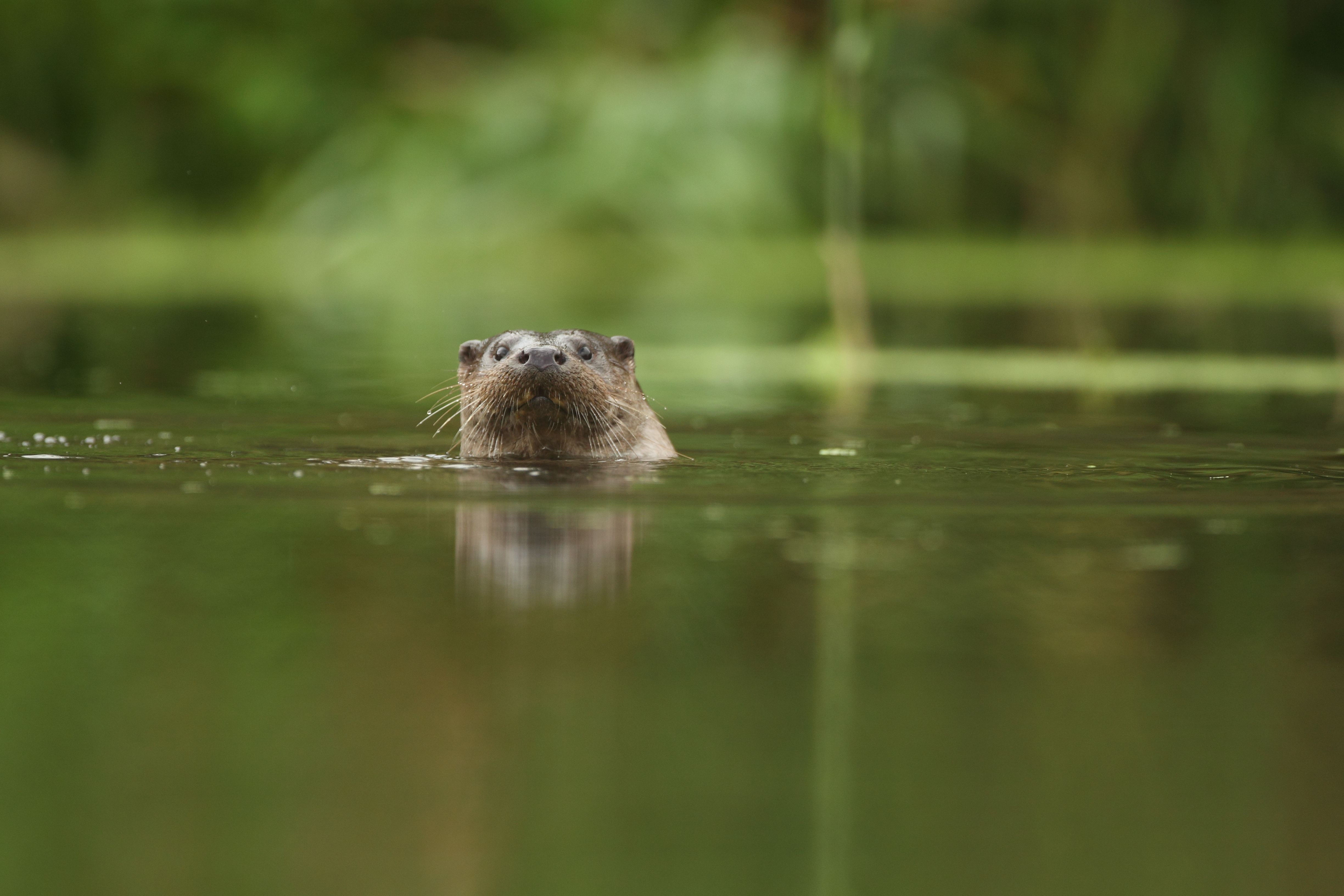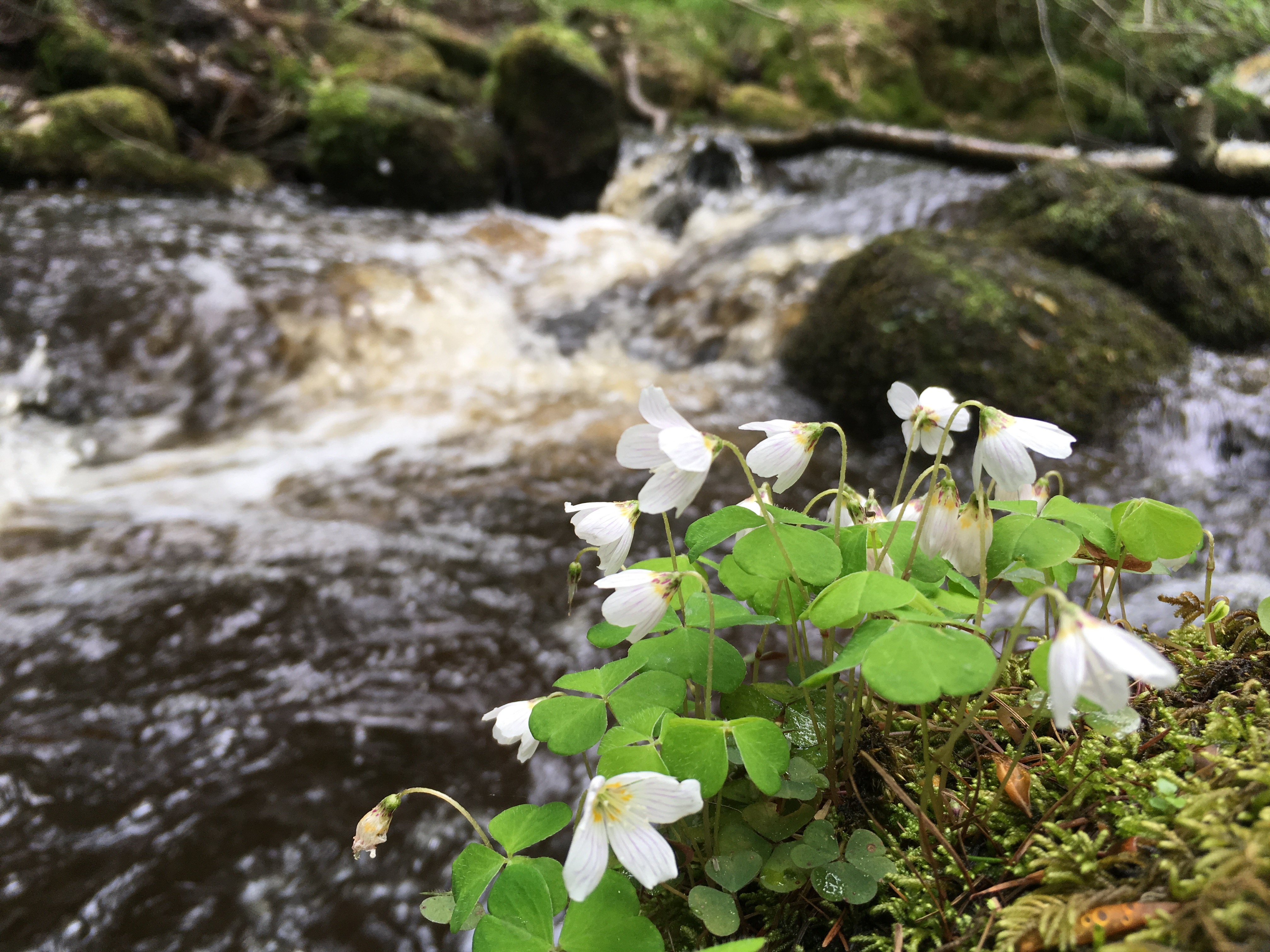Planning reforms break Labour’s promise to protect nature, green groups say
Campaigners say there is little evidence that nature protections are blockers to developments and economic growth.

The Government’s planning reforms break its manifesto promises to protect and restore the nation’s natural environment, green groups have claimed.
The Planning and Infrastructure Bill going through Parliament overrides existing habitat and nature protections, which the Government considers to be a barrier to housebuilding and economic growth.
The draft legislation, if passed, would instead allow developers to make general environmental improvements and pay into a nature restoration fund that improves habitats on other sites.

But the Office for Environmental Protection watchdog recently warned that the Bill represents a “regression” in environmental law and would remove safeguards for nature.
The Government’s own assessment of the Bill also found little evidence green protections are a blocker to development.
The Wildlife Trusts and the RSPB are now warning that irreplaceable habitats such as chalk streams and ancient woodland, species such as hazel dormice and otters, and areas such as the New Forest and Peak District Moors will no longer be as strongly protected from development.
The groups said they have been calling for a series of amendments to tone down what they see as the most damaging aspects of the Bill but that the Government has failed to listen to their concerns or consider their “constructive solutions”.
Now they want to see ministers remove part of the nature recovery section entirely, which they say replaces environmental protections with a weaker substitute.
The Planning and Infrastructure Bill was introduced in March and comes as Prime Minister Sir Keir Starmer and Chancellor Rachel Reeves argue that current nature rules have gone too far, often citing the £100 million HS2 bat tunnel.
Craig Bennett, chief executive of The Wildlife Trusts, said: “Before the general election, Labour promised to restore nature.

“Under a year later, the Chancellor is leading an ideological charge against the natural world despite it being the very foundation of the economy, society and people’s health.
“Promises have been broken, and millions of people have been betrayed.”
Mr Bennett said the Bill in its current form “fundamentally undermines” the Government’s commitment to protect nature, describing proposals on nature recovery as a “Trojan horse” and a “misnomer”.
He also said the organisation is “appalled” that the suggestions it has put forward to ministers have “all been spurned”.
The organisations also published research on Thursday arguing that nature does not block economic growth.
It found that bats and great crested newts – protected species often cited in arguments for removing planning barriers – are a factor in just 3% of planning appeal decisions.

Alongside the paper, a Savanta survey commissioned by the Wildlife Trusts suggests less than a third (32%) of the British public feel the Government has kept its promises to improve access to nature, promote biodiversity and protect wildlife.
The poll also found just 26% of the 2,035 respondents believe the Government is taking the nature crisis seriously enough while just 25% said they would back building developments in their area even if they harmed the local environment.
Beccy Speight, RSPB chief executive, said the organisation engaged “in good faith” with the Government for months but that the current draft legislation will “rip the heart out of environmental protections and risks sending nature further into freefall”.
“The fate of our most important places for nature and the laws that protect them are all in the firing line,” she said.
“That cannot be allowed to stand.
“The evidence clearly shows nature isn’t a blocker to growth.
“The Government has identified the wrong obstacle to the problem it’s trying to overcome, and that has led it to the wrong solutions.”
A Government spokesperson said: “We completely reject these claims. The government has inherited a failing system that has delayed new homes and infrastructure while doing nothing for nature’s recovery, and we are determined to fix this through our Plan for Change.
“That’s why our Planning and Infrastructure Bill will deliver a win-win for the economy and nature by unblocking building and economic growth, and delivering meaningful environmental improvements.”





